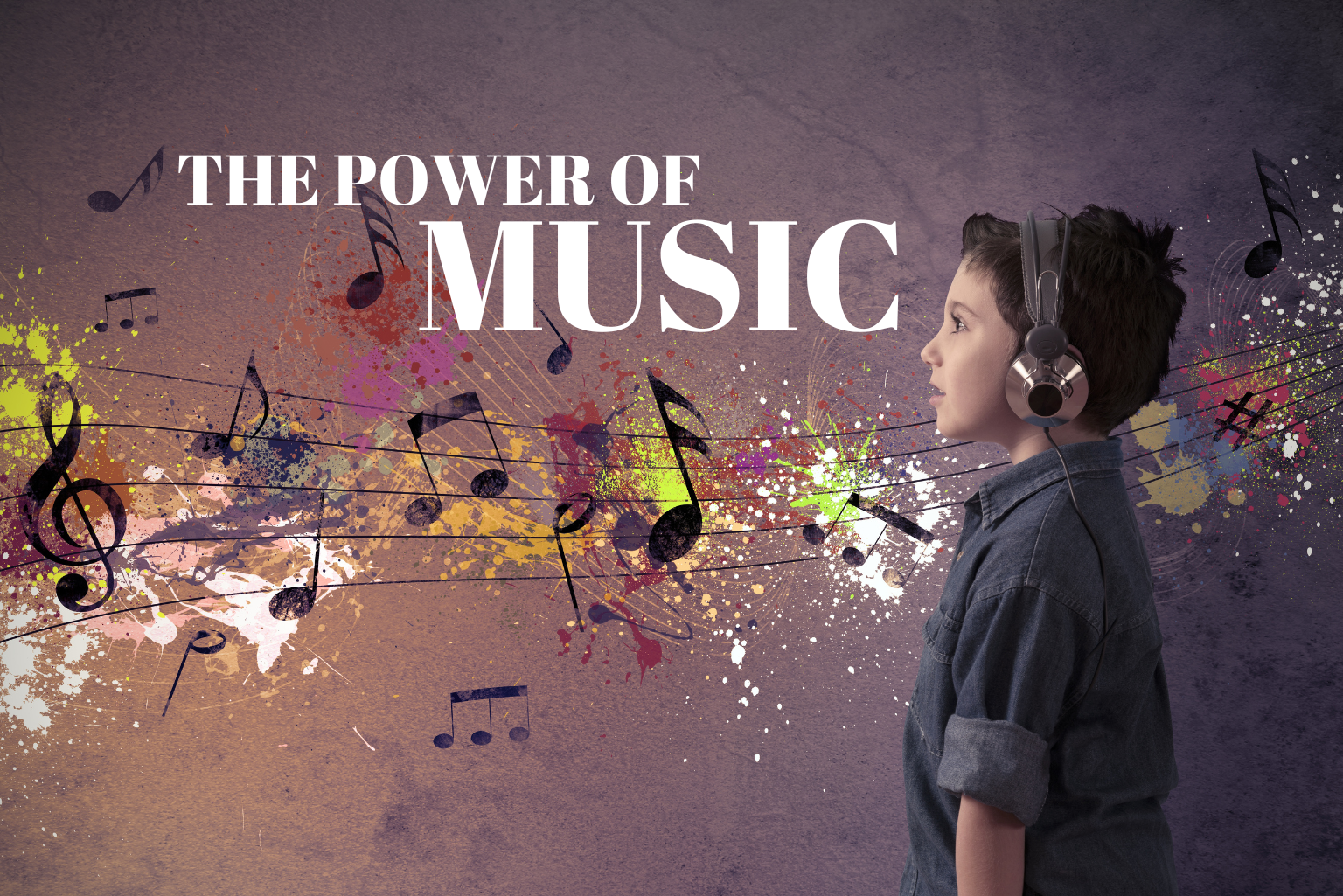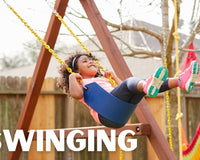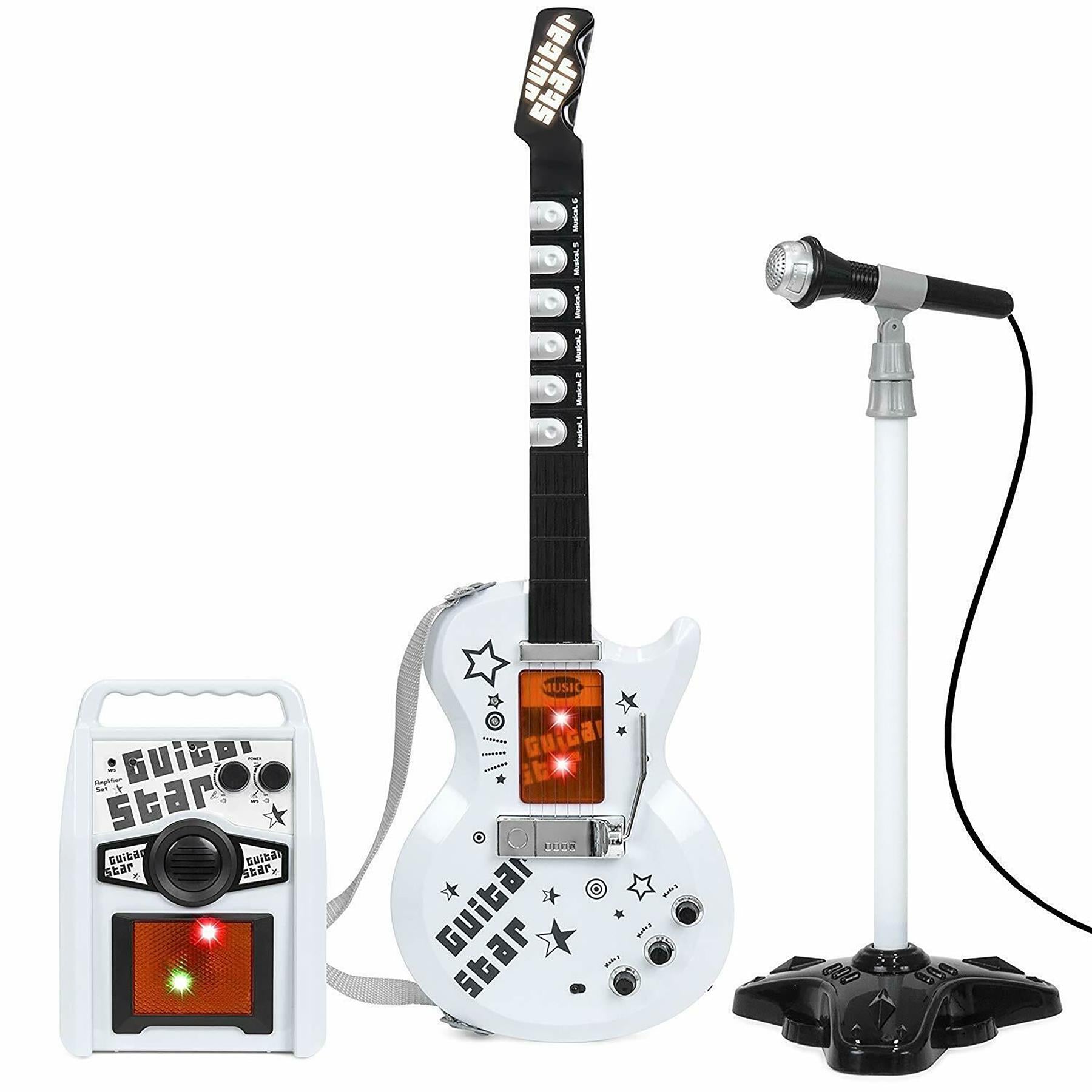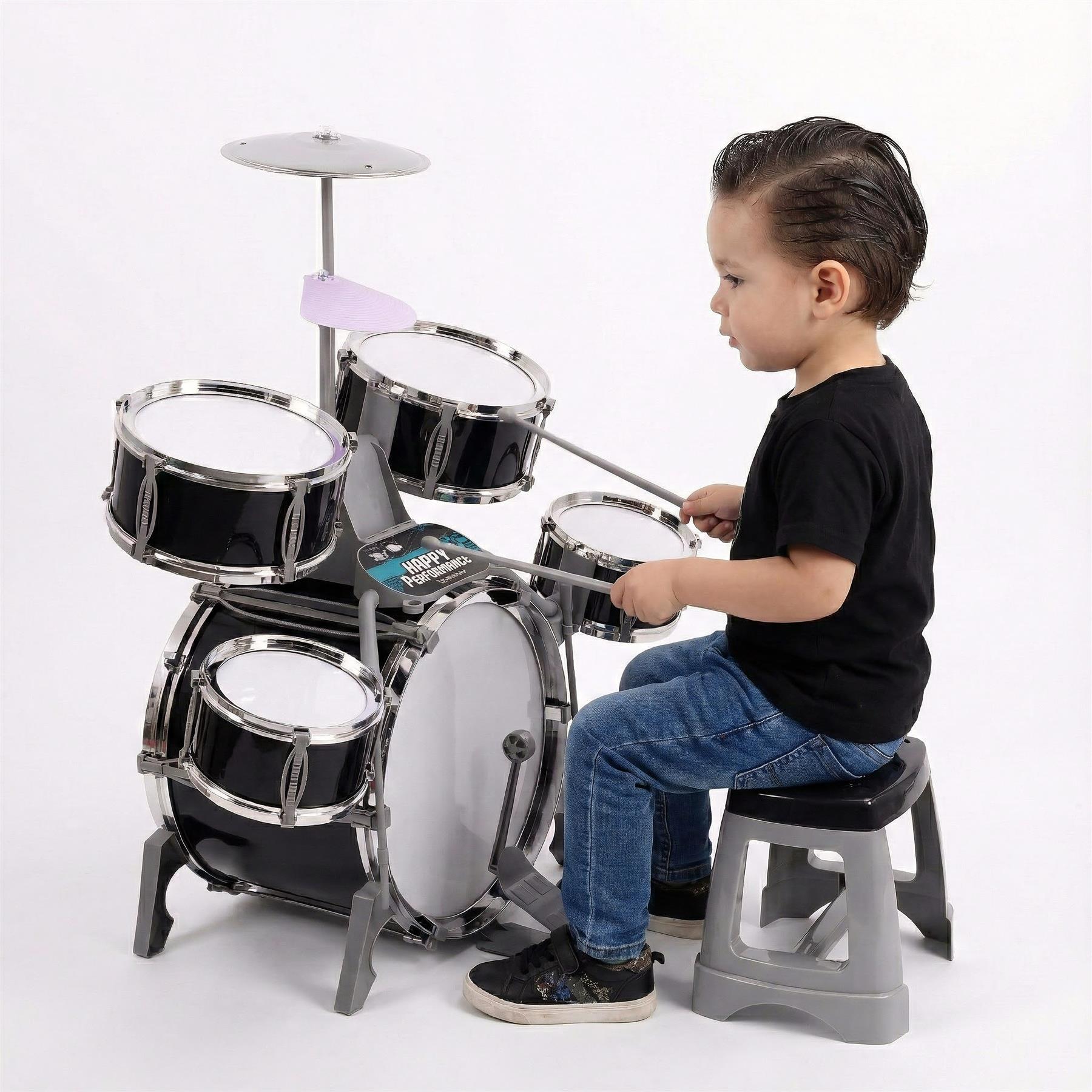In today's fast-paced world, parents and educators seek ways to provide their children with a well-rounded education that goes beyond traditional subjects. One often overlooked but highly impactful avenue is music education. The benefits of music lessons extend far beyond learning to play an instrument or sing a tune. Let's explore the importance of music lessons in children's development and their profound impact on education.

Cognitive Development
Music education stimulates various cognitive processes, including memory, language processing, and reasoning skills. Learning to read musical notation, recognize rhythms, and understand musical structures enhances children's cognitive abilities, translating to improved academic performance across various subjects.

Academic Achievement
Numerous studies have consistently shown a positive correlation between music education and academic achievement. The discipline, perseverance, and attention to detail required in learning music transfer to other academic pursuits. Students who engage in music lessons often develop enhanced problem-solving skills, critical thinking abilities, and pattern recognition, which positively impact their overall academic success.

Language and Literacy Skills
Music education contributes to the development of language and literacy skills. Learning music involves phonological awareness, auditory processing, and vocabulary enrichment. Children who participate in music lessons tend to have an easier time learning to read, as they develop stronger language skills, improved pronunciation, and better verbal expression.

Emotional and Social Development
Music serves as a powerful tool for emotional expression, fostering emotional intelligence and empathy in children. Collaborative music activities, such as ensemble playing or singing in a choir, promote teamwork, cooperation, and effective communication. Music lessons also offer performance opportunities that boost self-confidence, public speaking abilities, and stage presence.

Motor Skills and Coordination
Learning to play an instrument requires fine motor skills and hand-eye coordination. Regular practice and performance enhance dexterity, finger strength, and overall motor skills. These benefits extend beyond music, aiding children in activities such as sports, writing, and other fine motor tasks.

Cultural Appreciation and Creativity
Music education exposes children to diverse musical traditions and styles, fostering cultural appreciation and a broader worldview. By learning music, children gain a deeper understanding of different cultures and develop a sense of respect and curiosity about the world around them. Moreover, music education nurtures creativity and self-expression, allowing children to explore their unique artistic abilities, boosting imagination, problem-solving skills, and innovation.

Stress Reduction and Well-being
Music has the incredible ability to reduce stress and promote well-being. Engaging in music lessons provides children with a constructive and enjoyable outlet for emotional expression. Playing an instrument or singing can release tension and positively impact mood. Music also boosts self-esteem and contributes to an overall sense of happiness and fulfillment.

Incorporating music lessons into a child's education is a decision that yields remarkable benefits. From cognitive development to emotional expression, music education enriches children's lives in myriad ways. It enhances academic performance, promotes language and literacy skills, nurtures social and emotional intelligence, develops motor skills, encourages cultural appreciation, and sparks creativity. As we strive to provide children with a holistic education, let us recognize the vital role that music plays in their overall development and future success.












